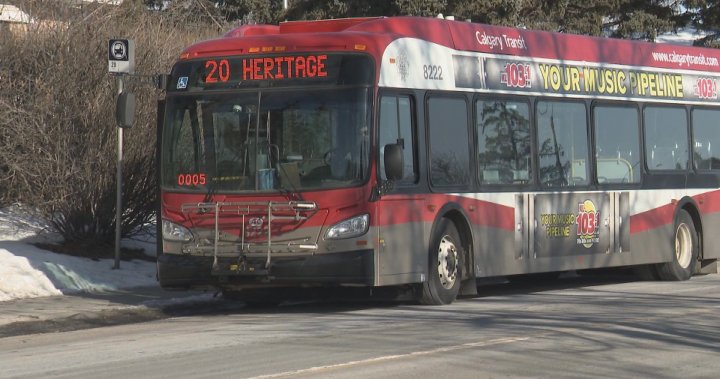A committee approved the plan, and now Calgary city council must decide whether to forward with the proposal to buy up to 259 electric buses.
On Tuesday, the city’s executive committee heard a presentation on the $491 million plan to buy the buses before deciding unanimously to forward the idea to the entire city council.
The plan is supported by a $168 million loan from the Canada Infrastructure Bank and an additional $223 million in grants, according to city officials. The project would require a $100 million investment from the City of Calgary.
According to Mayor Jyoti Gondek, “this is absolutely excellent news.” “It seems like we’re getting four dollars back for every dollar we put in.”
$391 million would be required to buy 259 zero-emission 40-foot buses.
While the Anderson and Spring Gardens garages’ charging infrastructure would cost $137 million. In addition, a city study shows $44 million in additional expenses, although it doesn’t specify what those expenses will be used for.
But city administration told councillors the city would need to act fast and sign agreements with the Canada Infrastructure Bank by the end of the year if it wants to take advantage of a “below-market” interest rate of one per cent on the loan.
According to a city report, there is a chance that interest rates will go up if administration is unable to secure the required permissions or come to a binding agreement.
Richard Pootmans, a councilman for Ward 6, termed the proposal “a heck of an opportunity,” but he would like to see measurements on greenhouse gas reduction compared to other projects the city is working on, such as the energy efficiency retrofit programme.
They make sense on their own terms, but not in light of potential alternate opportunities, according to Pootmans. Commercial buildings are a significant contributor to greenhouse gas emissions; I’d want to see programmes like that given concurrently so we can assess where the best use of tax dollars should be.
The administration has stated that the electric buses will begin operating on city streets in 2026 and will eventually replace diesel buses when they reach the end of their useful lives.
Approximately 750 40-foot diesel buses, 90 60-foot diesel buses, and 140 compressed natural gas buses, with 32 more on order, make up Calgary Transit’s current fleet, according to testimony before the committee.
Coun. for Ward 3
Jasmine Mian questioned the administration about whether the fleet would be totally electric in the future and what part the more recent compressed natural gas buses would play in the overall transportation plan.
Calgary Transit service vehicles manager Karen Alm said the compressed natural gas buses are a stepping stone in reducing emissions but there are technologies like hydrogen fuel cells also being explored.
Before fully committing to being 100% electric, Alm added, “there are other opportunities that are developing right now that we would like to study further.” “Electrifying our fleet is a step in heading towards zero-emission,” Alm said.
The administration stated that achieving zero emissions at the lowest cost is the objective.
Gondek concurred that having a “diversified fleet” might be the best course of action, nevertheless.
It won’t only be diesel, electric, or compressed natural gas, according to Gondek. “Any of those things, in combination, might happen at any time.”
The electrification of Calgary Transit’s fleet, according to a report on the committee agenda, would lower the city’s greenhouse gas emissions by 30% by 2040.
Administration said more information and data would be brought forward in December when city council will make a final decision to get on board the proposal..
A city committee approves the idea of Calgary Transit purchasing electric buses.

